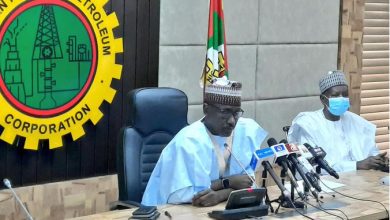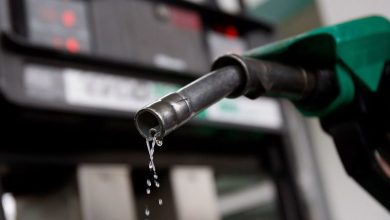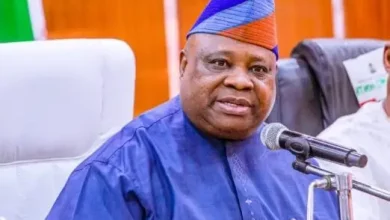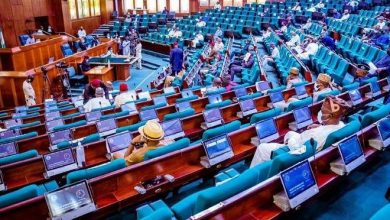FG Promises 20-hour Daily Power Supply By 2027
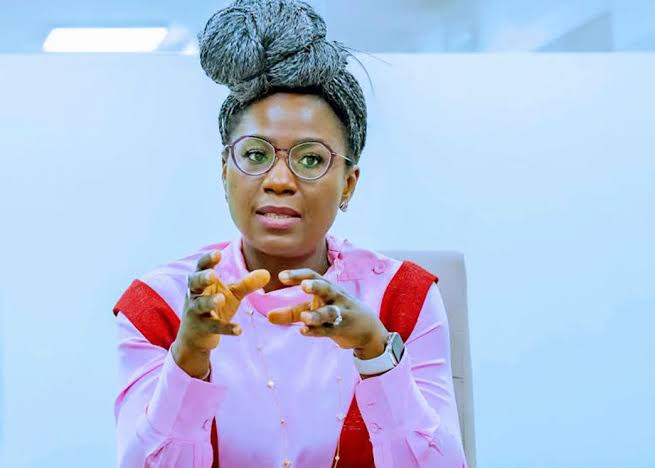
The Federal Government has revealed plans to provide Nigerians with at least 20 hours of daily electricity by 2027.
However, it has conditioned this target on sufficient investment in Nigeria’s oil and gas sector, which it has said is currently far below expectations.
The Special Adviser to the President on Energy, Olu Verheijen, made this statement at the Energy Week in Cape Town, South Africa, in a release by the State House Director of Information and Publicity, Abiodun Oladunjoye, on Thursday.
“By 2027, Nigeria aims to ensure 20 hours of electricity daily for consumers in urban areas and industrial hubs,” Verheijen said.
The statement is titled, ‘At African Energy Week in Cape Town, Olu Verheijen Invites Global Players to Invest in Nigeria’s Energy Sector.’
Verheijen’s comments come amid the frequent collapse of Nigeria’s national power grid, which has led to widespread blackouts across the country.
The grid collapsed on Tuesday, marking the 10th such incident since January 2024. The Federal Government has attributed these recurring collapses to ageing infrastructure, inadequate maintenance, and insufficient investment in the power sector.
Despite having an installed capacity of approximately 12,500 megawatts, Nigeria often generates only a fraction of this, leaving many areas without reliable electricity.
At the Energy Week, Verheijen told participants about efforts by the Tinubu administration to revitalise the nation’s power sector, with plans to provide more reliable electricity access for the 86 million Nigerians currently underserved.
She said the scheme aims to improve revenue assurance and collection.
Other key measures include tackling legacy debt, deploying seven million smart meters to reduce losses, and expanding off-grid solutions for remote communities.
Highlighting recent macroeconomic reforms, such as the removal of the petrol subsidy and foreign exchange liberalisation, she expressed confidence that Nigeria is poised for unprecedented growth.
“Under President Tinubu’s leadership, Nigeria is championing reforms to unlock its vast economic potential and create jobs,” she said, inviting foreign partners to participate in Nigeria’s next chapter of growth.
While discussing the recent reforms implemented by President Bola
Tinubu’s administration to attract investment, Verheijen noted that the country has historically underperformed in oil and gas production despite its wealth in the sector.
She referenced how countries like Brazil, which have only 30 per cent of Nigeria’s oil reserves, have outperformed Nigeria by producing 131 per cent more than the country’s current output.
“Despite our abundant resources, we have underperformed against our potential. For example, Brazil holds only 30 per cent of Nigeria’s oil reserves but produces 131 per cent more. This is largely due to under-investment,” she said.
She lamented that since 2016, Nigeria has attracted only 4 per cent of African oil and gas investments, while investment has surged in other, less resource-rich nations.
“Since 2016, Nigeria has managed to attract only 4 per cent of total investments in oil and gas, while less-resourced countries in Africa have enjoyed a larger share.
“When we analysed investment data, we also found that, between 2013, when Nigeria’s last deepwater project reached FID, and now, International Oil Companies (IOCs) operating in Nigeria have committed more than $82bn in deepwater investments in other countries they deemed to be more attractive destinations for their capital,” she told the audience.



